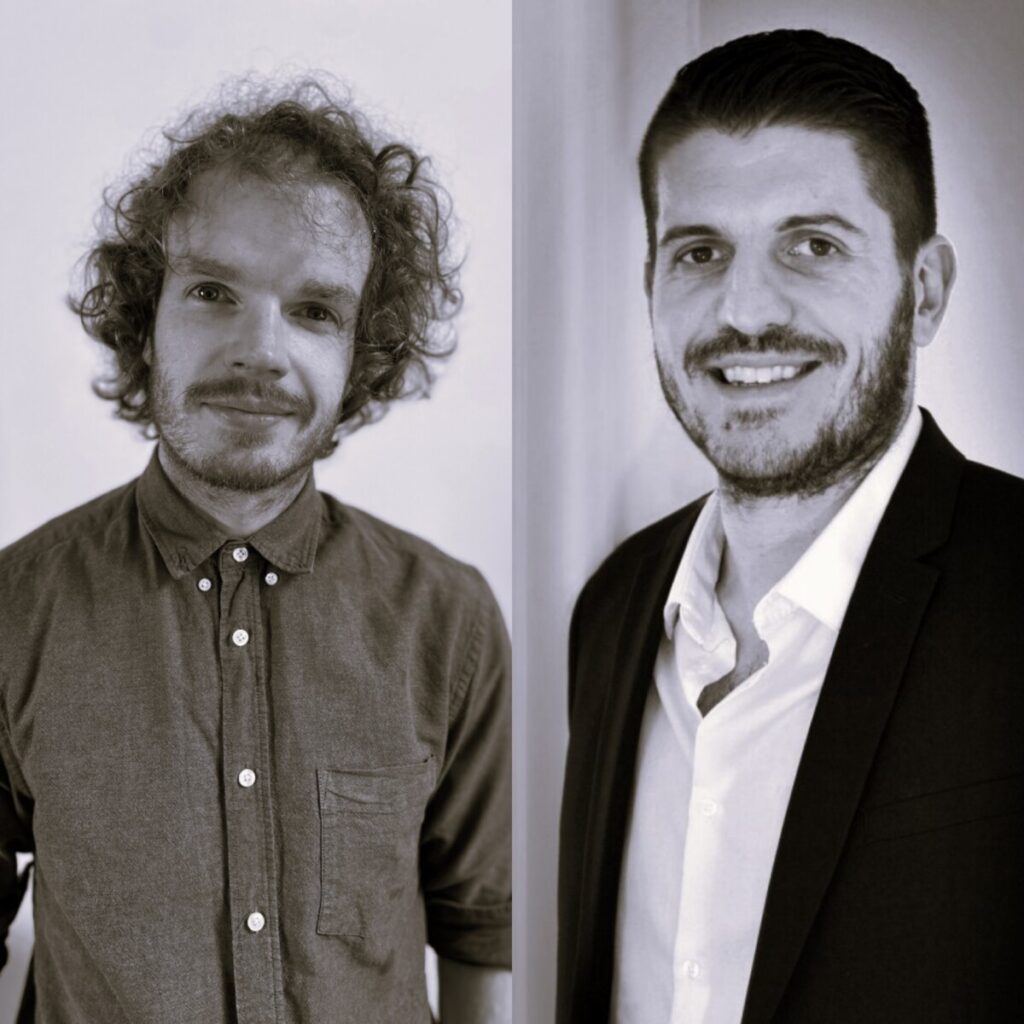Podcast Overview
Spin the wheel to be in with the chance of winning a 20% discount on your order. But, first, input your email address.
*Insert bulging eyes as the wheel becomes a blur of colour*
5%? God damn it.
That’s gamification. Making the typical email or purchase exchange fun. And that’s exactly what this podcast is all about.
eCom@One Presents
Damien Roux and Christopher Bradley
Damien Roux is the CEO of Drimify, a gamification platform for eCommerce retailers who want to add a level of fun and interaction to the online experience. Christopher Bradley is a Product Specialist at Drimify, he applies game mechanics to make difficult tasks more engaging. Their mission is to help retailers harness the power of gamification to tell brand and product stories to encourage people to buy products!
In this episode. Damien and Chris chat about all things gamification and eCommerce. Find out how one of their clients achieved a 92% increase in average order value through a discovery quiz campaign and how a 30% discount enticed customers to buy 2 or 3 items instead of just one!
Listen as Damien and Chris discuss the common mistakes that retailers make with gamification, strategies for success, your must needed tech stack and tools. Don’t lose out on wasted revenue, incorporate this tactic into your eCommerce strategy.
Topics covered:
2:31 – Gamification and eCom: pivotal moments throughout their careers
10:27 – Gaming boosts engagement and loyalty, study finds
12:20 – Creating customer loyalty through rewards programs
14:30 – Common mistakes: avoiding business pitfalls and refreshing strategies
17:12 – Don’t let your tech investments go to waste
25:05 – Boost SEO impact with interaction and discounts
26:13 – Maximising audience engagement with software tools
32:12 – Gamifying your website
35:46 – Book recommendation and pushing through challenges, surviving and thriving


